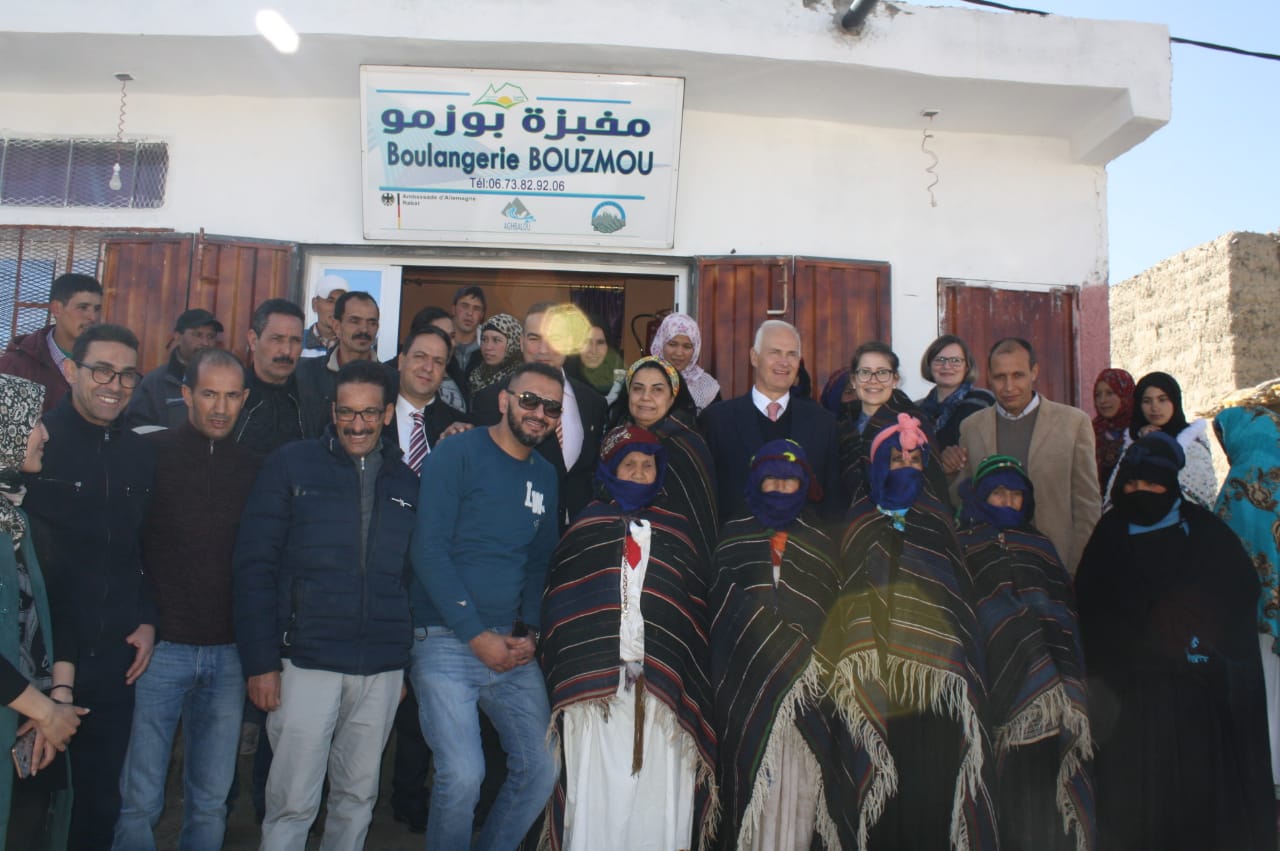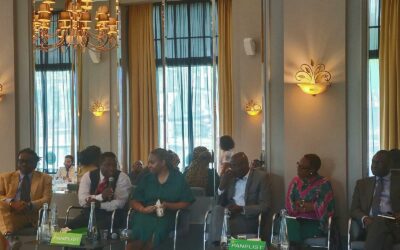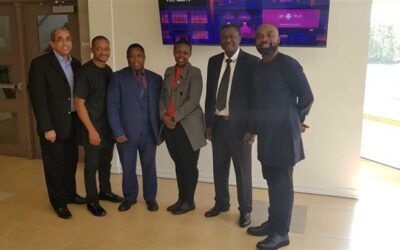The organisations SENS and AKHIAM have set up an innovative barley farming project using hydroponics in the village of Agoudal, Morocco. Hydroponics is a soilless growing technique that uses renewed nutrient solutions and an inert mineral or vegetable substrate. This barley crop can feed around 100 animals all year round. The MODAL project will enable these two organisations to install solar panels and thus avoid over-consumption of energy during the winter.
Meeting with Marghine lhou, project coordinator at SENS and Hssain Ouzani, president at AKHIAM.
– Growing sustainably with hydroponics
Today, it is necessary to limit soil cultivation in the Midelt region because of erosion problems. This hydroponic barley project is a step in the right direction, as it reduces the pressure on the land. Hydroponics is a method of growing barley without soil on an inert substrate and the nutrient mixture used does not contain any pesticides. This form of cultivation saves on production costs, the amount of water used and the amount of land used.
As Marghine explains, “For years, people have been attacking the vegetation cover and using massive deforestation to meet their cooking and heating needs. The mountains have become very uneven and lack vegetation cover. Every time it rains, the agricultural crop areas are flooded. With soil erosion, small stones fall on the crops and destroy the agricultural land. These are huge losses estimated at 200,000 euros of potatoes and cereals.
The AKHIAM organisation installed this hydroponic project in 2017, but they soon noticed the problems with energy consumption. The MODAL project will enable them to install solar panels. “We had technical obstacles that delayed the project but it was mainly the very high electricity bills that prevented us from being profitable.” Hssain Ouzani.
– A farm that creates jobs
The commune of BOUZMOU, the project village, has a poverty rate of 43%. Literacy rates in the region are very low. On average, the illiteracy rate is around 77.7%, but the figures rise to 90% for women. Employment opportunities for women in the region are very limited. This project employs seven women who work directly in the cooperative. The production unit will supply the local markets with meat and create other jobs, notably for butchers, barley sellers, transporters, etc.
– Inspiring and raising awareness of an alternative form of farming
For Marghine lhou, this project can really inspire the creation of other structures of this type: “Used on a large scale, this form of cultivation can be a solution to combat extensive livestock farming and the deforestation of nature”. Moroccan public authorities are also encouraging the use of alternative and sustainable forms of cultivation. In the Green Morocco Plan, the government emphasises technical and organisational innovations to improve crop productivity.
As Marghine lhou explains, “In Agadir, a lot of hydroponics projects are being implemented by the government and they are working very well. It is a revolutionary form of farming for our regions”. Hssain points out that people in the region are really starting to become aware. “There is a demand from the people and the farmers to install these units”. Through this pilot project, the two organisations hope to continue to raise awareness and inspire farmers in the region.
– Regarding the partner associations
The organisation SENS (Solidarité Échange Nord-Sud) has been Akhiam’s privileged partner since 2004. AKHIAM is an NGO active in the fields of culture, health and agriculture in Morocco. It also promotes the development of women and youth. SENS is a North-South solidarity and exchange organisation that supports and implements projects, while organising youth exchange work camps.
For Hssain Ouzani of SENS, the partnership has always gone very well. “Sometimes, partners from the North demand intervention in specific areas, whereas the needs of people in the South are totally different. For the intervention to be relevant, a participatory approach is needed to prioritise and determine the focus of the intervention. But our experience with SENS is very positive, because they trust us and they know the field”.




